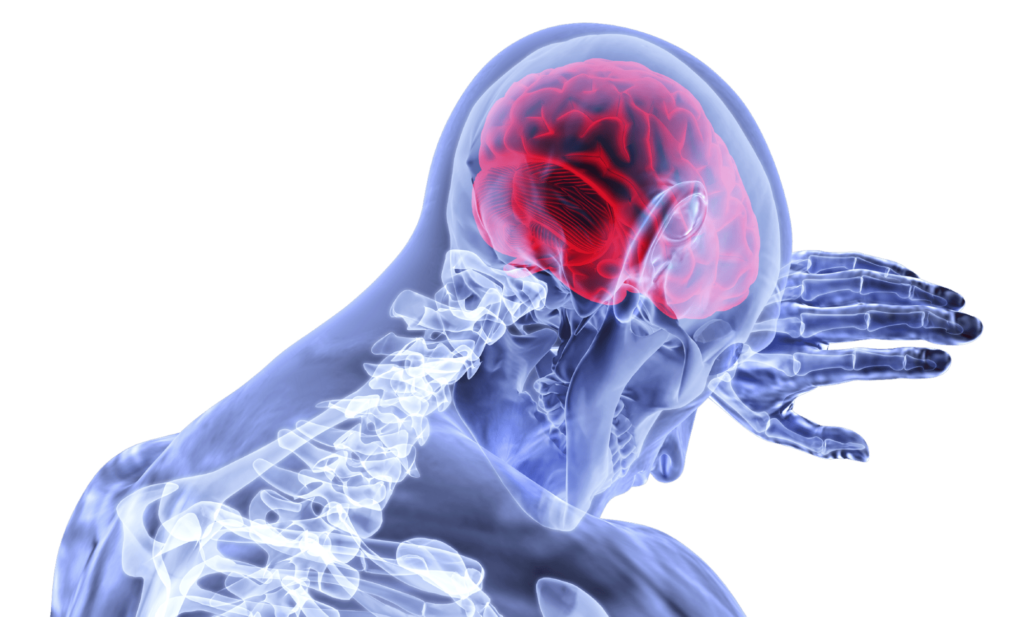When you tell your doctor that you’ve had chronic headaches or backaches for quite some time, they will most likely order you to see a neurologist. If the neurologist diagnoses you with a neurologic problem, you will be told to see an anesthesiologist. Maybe you have no idea what we are talking about. Neurologic pain is something you should know about as early as possible. Luckily, we are here to help.
This guide will cover the causes and symptoms of neurological pain.
Causes of Neurologic Pain
Neurologic pain is caused by problems with the central nervous system and can present itself differently depending on the underlying cause. If you have neurologic pain or think you do after reading this article, then you might want to seek help from a medical professional. This way, you’ll be able to get a referral to the right specialist. Turn to concierge medicine doctors who are always on hand to assist. Causes of neurologic pain can include the following:
Disease
Neurologic pain is caused by a wide range of diseases which calls for proper neurological care. Conditions that can all cause this pain are:
- multiple sclerosis
- stroke
- spinal cord injury
- diabetic nerve damage
- arthritis
- fibromyalgia
Injury
It can also be associated with other conditions, such as an infection or an autoimmune disorder. Injuries can also cause damage to nerve cells as a result of a traumatic force, such as in an accident.
Diagnosing neurologic pain can often be difficult, as it can provide similar symptoms to other types of pain. Treatments for neurologic pain can involve medications, physical therapy, or nerve blocks.
Infection
Infection is the most common cause of neurological pain. It can result from:
- viruses, bacteria
- fungi
- parasites
Symptoms of neuro logic pain associated with infection include tingling sensations, numbness, and an “electric shock-like” sensation that may travel throughout the body.
Loss of Limb
Nerve damage due to amputation, limitation of movement in remaining limbs, and/or changes in joint alignment can lead to chronic pain in the affected area. In some cases, pain occurs due to irritation of the neuroma, which is scar tissue that forms around the cut nerve tip soon after the amputation.
Symptoms of Neurologic Pain
Pain from neurologic conditions may be constant or intermittent and can vary in intensity. Common symptoms are sometimes confusing, so learn from the below:
Shooting, Burning or Stabbing Pain
Depending on the severity of the condition, a person may experience different levels of discomfort, ranging from mild to severe. Some common causes of shooting, burning, or stabbing pain include degenerative diseases such as spinal stenosis or diabetes; neural entrapment, infection, or inflammation; and certain genetic disorders.
Tingling and Numbness
Tingling and numbness result when the nerves send false signals or cannot carry normal signals. Treatment for neurological pain, tingling, and numbness can vary depending on the cause but often includes medications and physical therapy.
Difficulty Sleeping or Resting
It typically intensifies with movement and can range from mild to severe. This pain can cause difficulty sleeping or resting due to its intensity, duration, and unpredictability.
Emotional Problems
Neurologic pain can cause various emotional problems, such as anxiety, depression, irritability, difficulty concentrating, and difficulty sleeping. It can lead to feelings of hopelessness and an inability to cope with the daily pain of life.
Read More About Neurologic Pain
In conclusion, neurologic pain is a difficult and complex condition. By understanding its symptoms and causes, however, it may be possible to reduce pain and improve overall well-being.
If you believe you or someone you love might be experiencing neurological pain, please consult a healthcare professional to find the best treatment plan.
Did you find this article helpful? Check out the rest of our blog for more!
